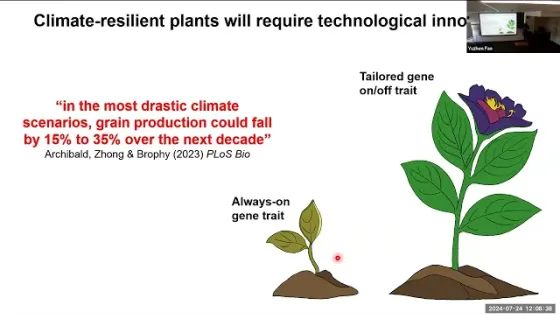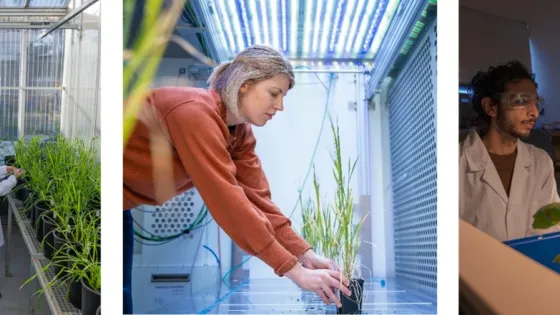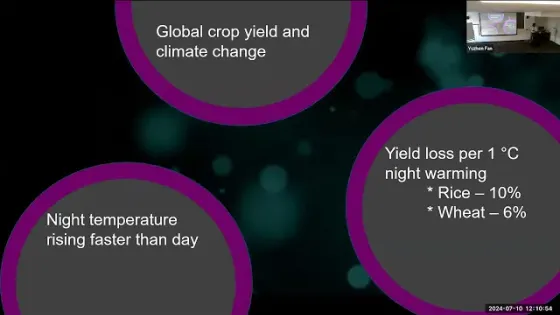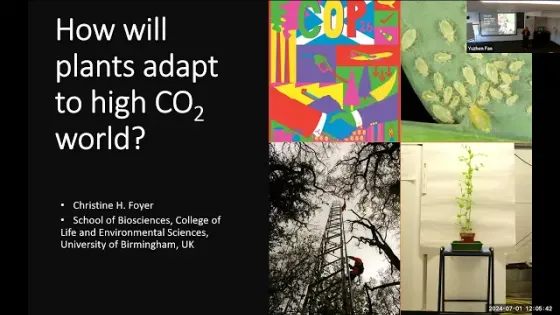Past events
This page lists RSB past events.

Long non-coding RNAs (lncRNAs) have recently emerged as prominent elements of the regulatory transactions of eukaryotic genomes.
NGS for food security, disease resistance and bioengineering for climate adaption applications

Plant carbon fixation, a vital process for capturing energy, profoundly influences various aspects of our lives, including food, clothing fibers, medicines, building materials, and even the production of human therapeutics.

Malaria is a significant disease in Africa, certain countries in Asia, and Central and South America. In 2022, malaria infected approximately 233 million people and caused 608,000 death.

The Australian Plant Phenomics Network (APPN, formerly known as APPF) is comprised of nine institutions offering controlled-environment phenotyping facilities, mobile phenotyping units, and field sites strategically spread across Australia’s diverse climate zones.

Results show that the processing of a specific module of Photosystem-associated proteins and concomitantly progression of chloroplast biogenesis depend on active photosynthesis early in plant development.

Global increases in mean minimum temperature (i.e. night temperature) is associated with significant crop yield losses.

Blumeria hordei (Bh) causes the powdery mildew disease of barley. In resistant barley lines, the RNase-like Bh AVRA effectors are recognized by immune receptors encoded at the barley Mildew locus a (Mla).

In this talk I will discuss our progress in understanding the impact of eCO2 concentrations on a forest ecosystem using data from the Free-Air Carbon dioxide Enrichment (FACE) site at the Birmingham Institute for Forest Research (BIFoR), and show some recent data of the effects on the nutritional status of seed.
